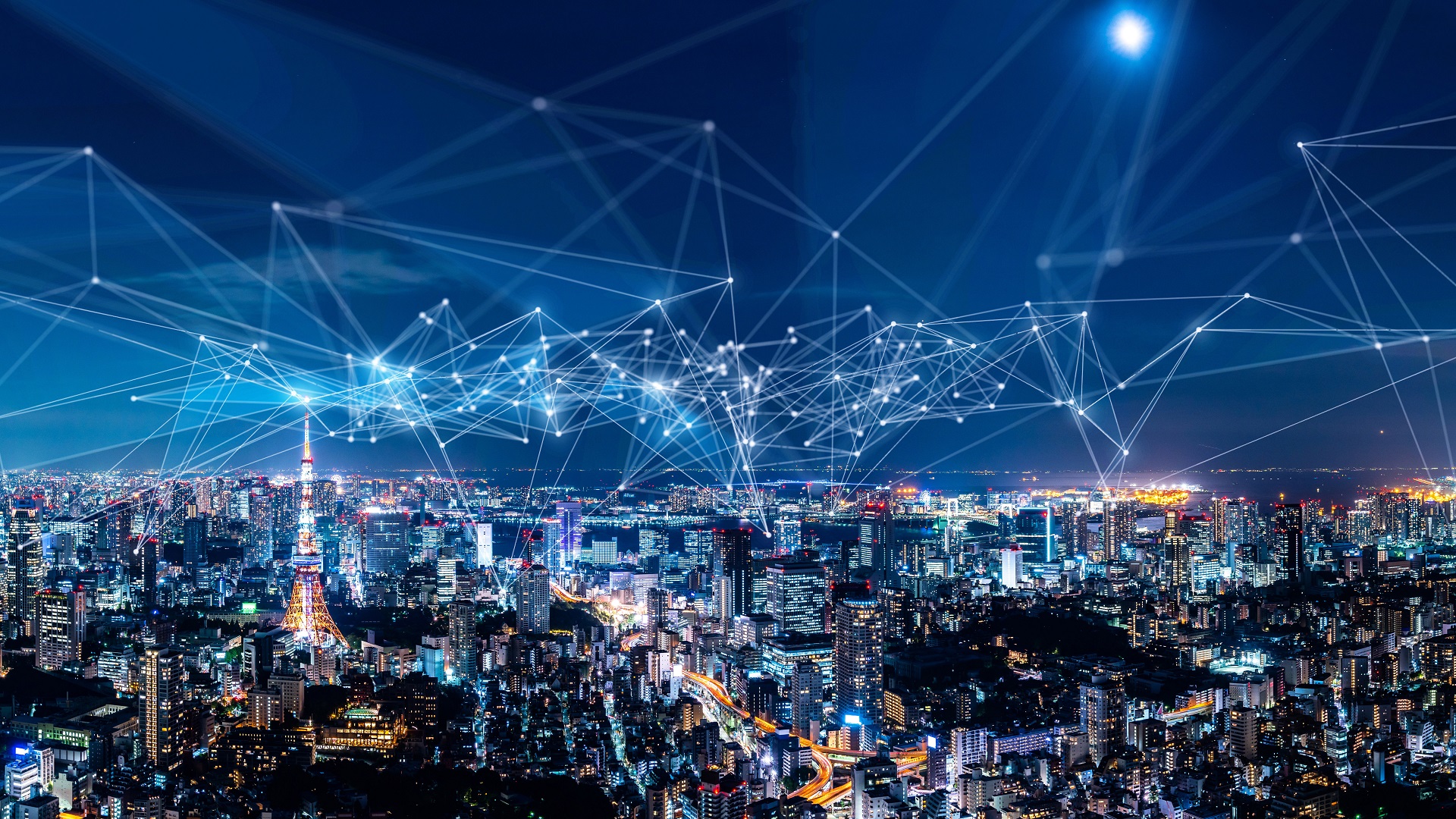IoT and Smart Cities
Overview of the International Trade Administration Support for the IoT and Smart Cities Industry
Global Markets and Trends
- “Smart City” technology refers to a broad array of products and services in industries including energy, water, transportation/mobility, public safety, buildings and architectural services, and digital services such as public broadband and apps. There is no consensus definition of a “smart city”, but generally it features technology deployments that use ICT to increase efficiency or improve quality of life. The convergence of broadband deployment, low-cost connected sensors, and emerging machine intelligence has spurred interest in smart cities solutions from localities around the globe.
- Smart Cities development is largely driven by technologies such as the Internet of Things (IoT), which is broadly defined as an internet-connected sensor or actuator that can collect and share data. However, IoT is not limited to smart cities applications and deployments range from industrial to consumer devices. Today, the IoT ecosystem—comprised of hardware, software, and related services—is a part of many sectors including but not limited to manufacturing, healthcare, energy, smart home, and agriculture.
- The growth of smart cities and IoT provides business opportunities for ICT companies focused on aspects of sensing, communicating, and analyzing information. U.S. exporters capable of partnering with companies in smart city application sectors will be best positioned to compete for business in foreign cities and communities. Western Europe and Asia remain the largest markets for U.S. exports. The strong sales opportunities are currently tempered by challenges such as a fragmented standards landscape, accompanying issues with product and service interoperability, and a rise in market access barriers such as data localization requirements and onerous cybersecurity and privacy rules.
International Trade Administration Resources
The International Trade Administration (ITA) works to identify smart cities and IoT opportunities in overseas markets, address market access barriers, and provide export assistance for U.S. industry.
ITA also supports the U.S.-ASEAN Smart Cities Partnership to connect U.S. firms with commercial opportunities and increase U.S.-ASEAN best practices exchanges. The Association of Southeast Asian Nations (ASEAN) is a rapidly urbanizing region comprised of ten Southeast Asian countries that present significant export opportunities for U.S. industry. ITA is leading programming to connect U.S. smart city technology providers and experts with ASEAN cities. For more information on the partnership please contact USASCP@trade.gov.
Industry and Analysis Trade Policy Experts
Emma Handel
